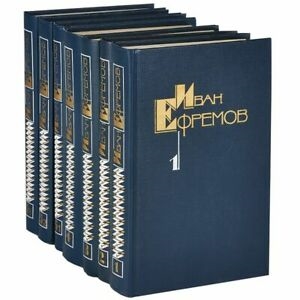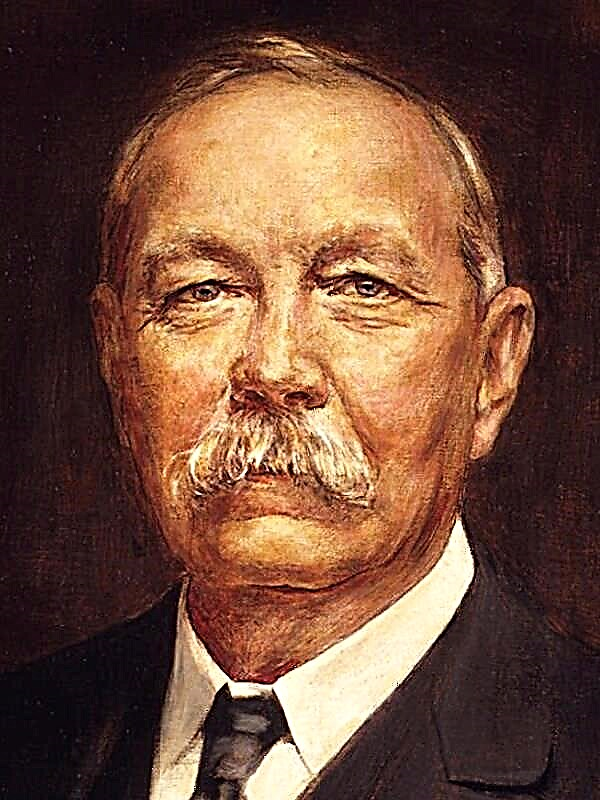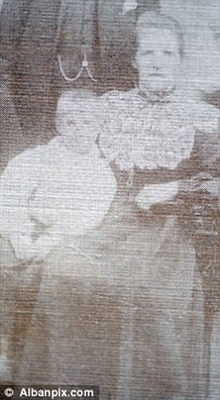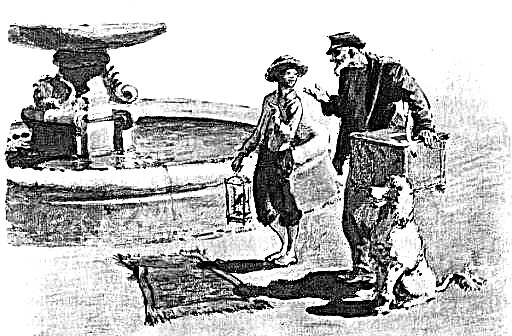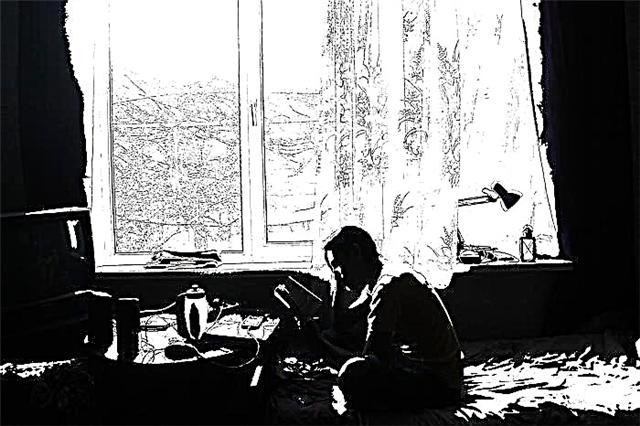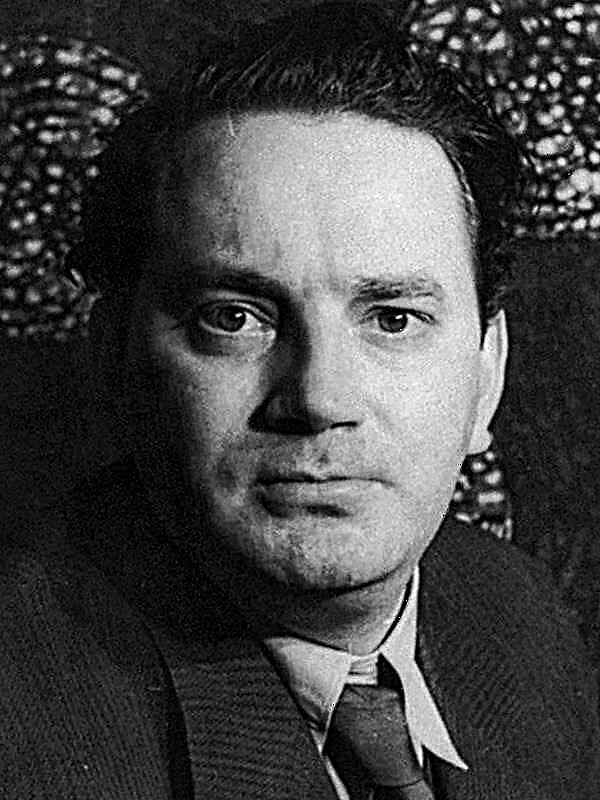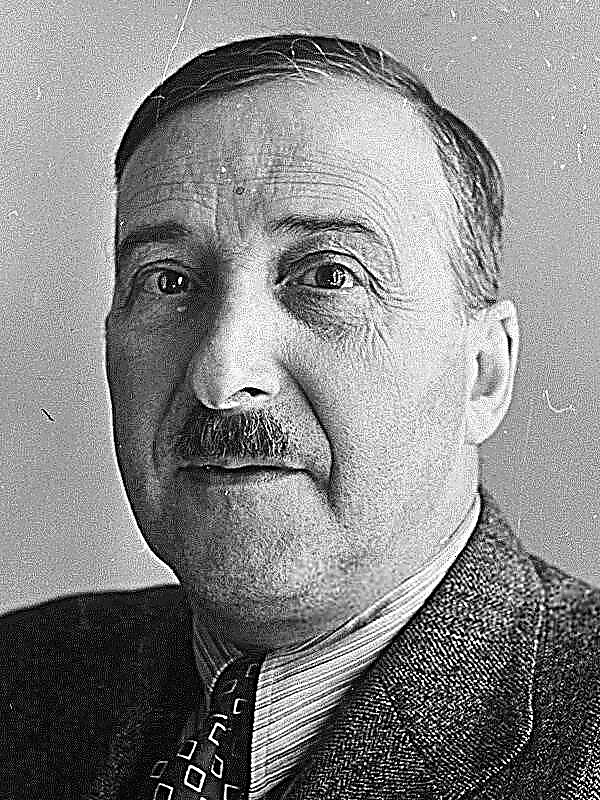Vladimir Vladimirovich Mayakovsky (7 / 19.07.1893-14.04 1930) - an outstanding avant-garde poet, innovator, author of peculiar lyric works of the twentieth century, who created the famous Mayakovsky ladder (a new rhythmic organization of the verse). The poet’s creativity was always captivating with its sincerity and had many facets: love poetry, the ministry of the poet poet, satire, patriotism, etc. The theme of love for the motherland is succinctly disclosed in the poem "Farewell", which this analysis is dedicated to.
History of creation
"Farewell" was written in 1925, a year after V. Mayakovsky visited one of the most romantic cities in the world - Paris. It is no secret that this city made a most striking impression on the poet, and in his poems about Europe he dedicated the whole series “Conversations with the Eiffel Tower” to Paris.
The visit to the capital of France also helped V. Mayakovsky in his personal life. The creator was too hard going through another betrayal and separation from his common-law wife, named after “the muse of the Russian avant-garde,” Lily Brik. In the years 1922-1924, during a trip to Europe, it was in Paris that he met Tatyana Yakovlev, and during the month and a half of his stay in the city he managed to fall in love and offer a marriage to the lady of the heart. However, the girl emigrated, fleeing the revolution, and did not plan to return to the country of victorious socialism. Mayakovsky, too, could not tear himself away from his beloved lands. He had to choose between the love of his life and his homeland. He chose the second, but until his death he remembered and loved Tatyana. The poem "Farewell" became a kind of curtsy for this beautiful city for the meeting, which gave him an unforgettable experience.
Genre, size, direction
This poem can be attributed to love lyrics. During this period, the poet also creates a “Letter to Comrade Kostrov from Paris about the essence of love,” “Letter to Tatyana Yakovleva,” “Lilichka,” “Cloud in Pants,” etc.
Vladimir Mayakovsky is the creator of a kind of poetic system called the ladder. The "steps" of this ladder - accent voice. The poet belonged to such a trend as futurism, the features of which are metaphorical and dynamic style.
Images and Symbols
The central image and object of admiration in the poem "Farewell" was Paris. For the poet, Moscow is the image of the house to which V. Mayakovsky’s heart belonged, the whole Earth, with its traditions and originality. Life outside the "home" is not possible, no matter how happy the poet in Paris.
The car in this work symbolizes the bitterness of separation. In it, the author thinks that the city does not want to let go and runs after him, presenting himself in “impossible beauty”. Perhaps in this image the poet also saw his Tatyana, whom he irrevocably left.
Themes and Issues
The main theme of the poem is in the title itself. V. Mayakovsky was not only strong-willed and strong, but also an incredibly sentimental person. In Paris, the poet felt happy, his faith in love grew stronger, so it was difficult for him to say goodbye to the city. The topic of separation became a lyrical expression of a failed love with Tatyana Yakovleva.
The next topic that the author raises in Farewell is patriotism. The poet sincerely loved his country and believed in its bright future. In recent terms, the author proves the steadfastness of his views.
Meaning
The meaning that V. Mayakovsky puts into his poem is in love and fidelity to his Fatherland. The poet is so enchanted by Paris that he even expresses his desire to live and die in this place. Why the creator did not stay forever in the city that made him happy, made him “ferment his heart with sentimentality” at the moment of farewell? Everything is much more complicated here. The poet's beliefs in the success and correctness of the socialist state stood above the feelings caused by his stay in Europe. The real sincere happiness, according to the author, can only be experienced in the Soviet Union. The poet remains faithful to the Fatherland no matter what.
He himself advocated self-denial in the name of a bright socialist future, urged people to unite in the name of common goals and forget about petty insults and squabbles. This is the main idea of his work. Therefore, his choice was a logical continuation of what he wrote throughout his life.
Means of artistic expression
The means of expression in the poetry of V. Mayakovsky, no doubt, can be called legendary. In his works, he used many tricks to give imagery to his creation. And in the little poem “Farewell," the poet did not do without using the pictorial means of language.
“Separation of sludge” (ie, tears) is a very deep periphrase, subtly conveying sadness from parting. The poet also uses the epithet "impossible beauty", emphasizing his admiration for Paris. In the poem you can find a technique so beloved by the author - personification - “Paris is running” and “come on ... slurry ... litter”.

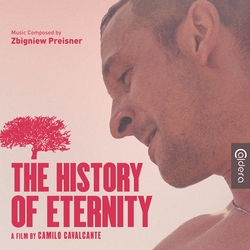

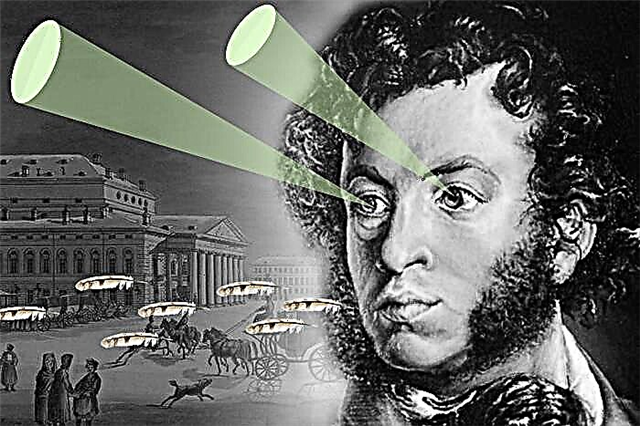
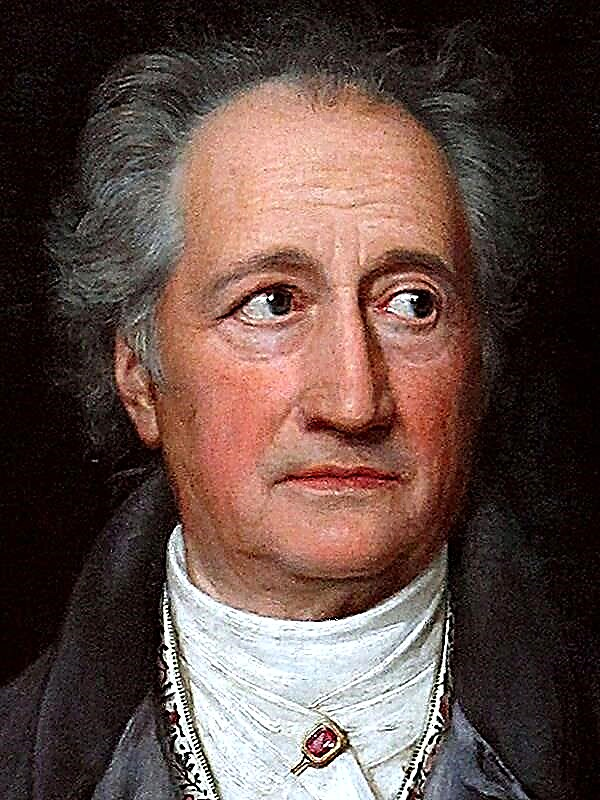 The years of wandering Wilhelm Meister
The years of wandering Wilhelm Meister